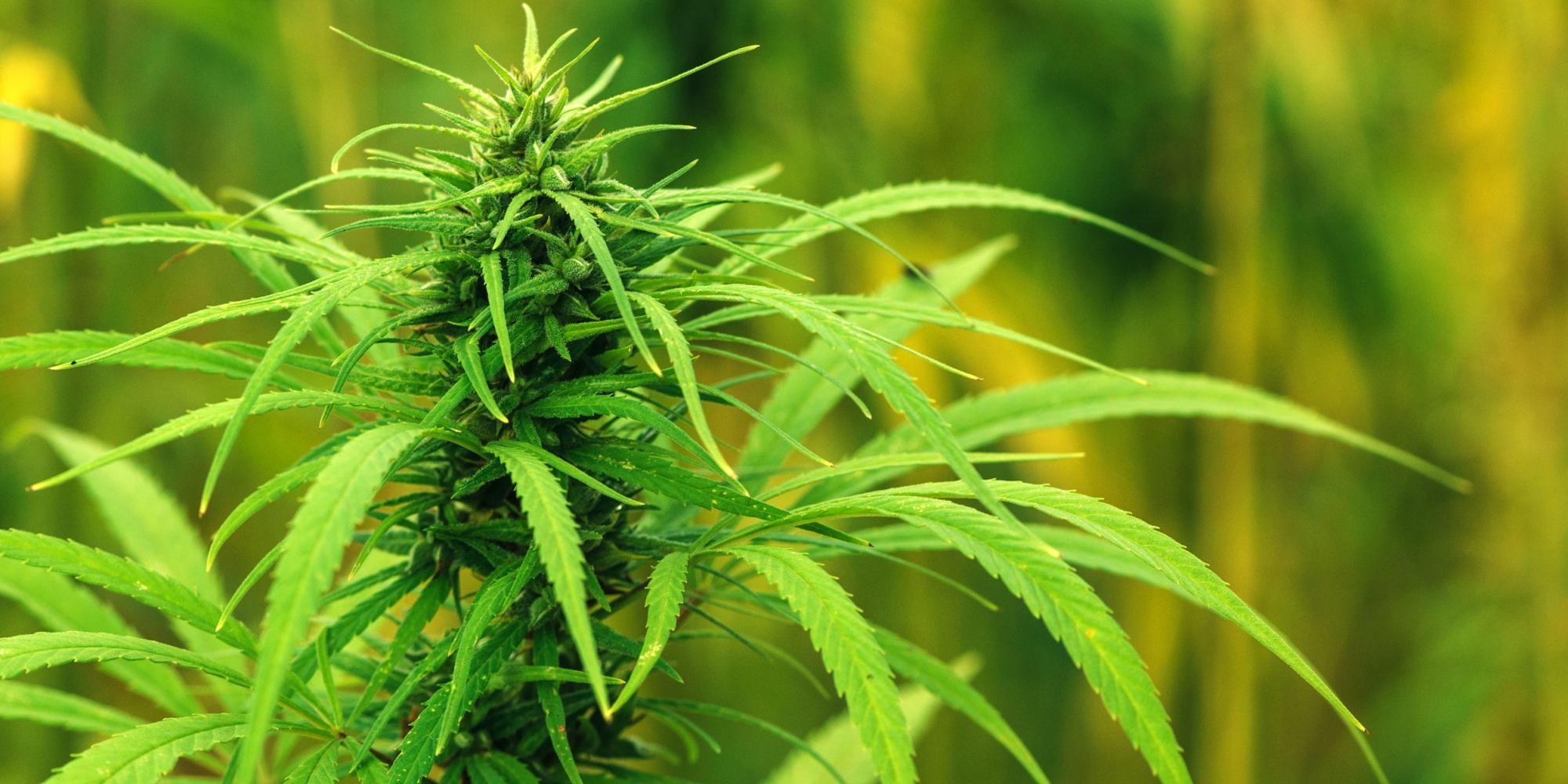11.21.2025
Sausage casings bulletin, November 21, 2025

...

Many of the cartridges are purportedly cannabis products containing THC, but some contain solely CBD, or at least that’s how they’re marketed. One of these cartridges, marketed under the name YOLO, sent a young man in South Carolina to the hospital with acute respiratory distress in 2018. He survived after slipping into a coma for a day. Dozens of youth in Utah were sickened by the same product last year.
The lack of regulatory oversight creates opportunity for greedy entrepreneurs looking for easy money. Nationwide testing of suspect brands by the Associated Press revealed that 10 of the 30 they tested contained synthetic cannabinoids. Street drugs like Spice and K2 have been found, as well as fentanyl, in Mississippi. This does nothing to help the fledgling CBD industry, nor does it foster a receptive political environment as the federal government grinds away at developing regulations. Most in the industry feel they could not come soon enough.
The Jacobsen reported on some key pieces of the regulatory path for CBD and noted that the USDA’s interim final plan as required in the 2018 Farm Bill, has been passed on to the White House. The other key piece is the FDA. The agency has stated that it intends to accelerate the process with CBD, but many have speculated this could still take years. Mitch McConnell (R-KY) introduced an amendment to a senate appropriation bill this week, compelling the FDA to take action on temporary CBD regulations while the agency works on log term regulations. More on McConnell’s measure here:
Meanwhile, states and local municipalities have taken their own action on CBD and have also issued policy statements reinforcing the regulatory status if CBD. Hawaii directed stores to remove all CBD products from shelves this week in response to a Hawaiian youth succumbing to a vape-induced respiratory illness. This is a broad measure by Hawaii, removing all forms of CBD from commerce in response to this public health crisis. One can appreciate the challenges local officials face, weighing profits and consumer popularity against public health, in evaluating the safety of an unregulated industry. This is a vape cartridge issue that has become a CBD issue, effectively blurring the lines in what is already a confusing landscape for consumers and public officials.
New York City recently banned CBD infused food and beverages. Meanwhile Coors Distributing Co. in Colorado – a subsidiary of Molson Coors – is now offering a line of non-alcoholic beverages infused with CBD. This is an unregulated marketplace that is growing at astonishing rates, and these types of incongruences from state to state will continue, absent federal guidance. McConnell is eagerly trying to get ahead of the CBD issue, and avoid additional headwinds that can easily arise in this confusing environment where many struggle already with the difference between hemp and marijuana.
McConnell is seen as a crucial force in the hemp industry, after pressing hard last year to include hemp in the 2018 Farm Bill. McConnell has said that he sees hemp as a key part of Kentucky farmers’ transition from historical tobacco production, and likely sees the bigger picture as it relates to these regulations from the FDA. McConnell knows that without large corporations entry into the CBD space, farmers will encounter significant marketing challenges with their hemp crops, as production outpaces demand.